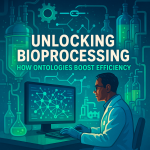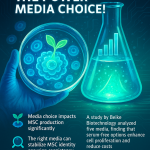Introduction:
This article discusses the challenges of absolute quantitation in untargeted metabolomics and introduces Pyxis, an AI-enabled technology that aims to address these challenges. Absolute quantitation is important for making objective measurements and comparing data sets acquired at different times and using different instruments. However, conventional workflows for converting peak area to concentration are limited to selected molecules for which a method is developed and standards are available. Pyxis utilizes machine learning to predict absolute concentration based on generic chemical structure, making it a powerful tool for untargeted metabolite identification and quantitation.
- Conventional workflows in untargeted metabolomics struggle with absolute quantitation, as peak area is only indirectly associated with concentration.
- Absolute quantitation offers objective measurements and comparability across data sets acquired at different times and using different instruments.
- Pyxis is an AI-enabled technology that utilizes machine learning to predict absolute concentration based on generic chemical structure.
- Pyxis enables the direct transformation of raw LC-MS data into a biologically actionable list of identified and quantified metabolites.
- Pyxis is the first application of its kind focused on polar metabolites, and it offers universal calibrators, a turn-key LC-MS method, an internal training data set, and a secure cloud-based software platform.
Conclusion:
Pyxis, an AI-enabled technology for absolute quantitation in untargeted metabolomics, addresses the challenges of conventional workflows by utilizing machine learning and generic chemical structure to predict absolute concentration. By enabling the direct transformation of raw LC-MS data into biologically actionable information, Pyxis has the potential to revolutionize the field of metabolomics and advance various applications, including drug discovery, development, and microbiome science.







